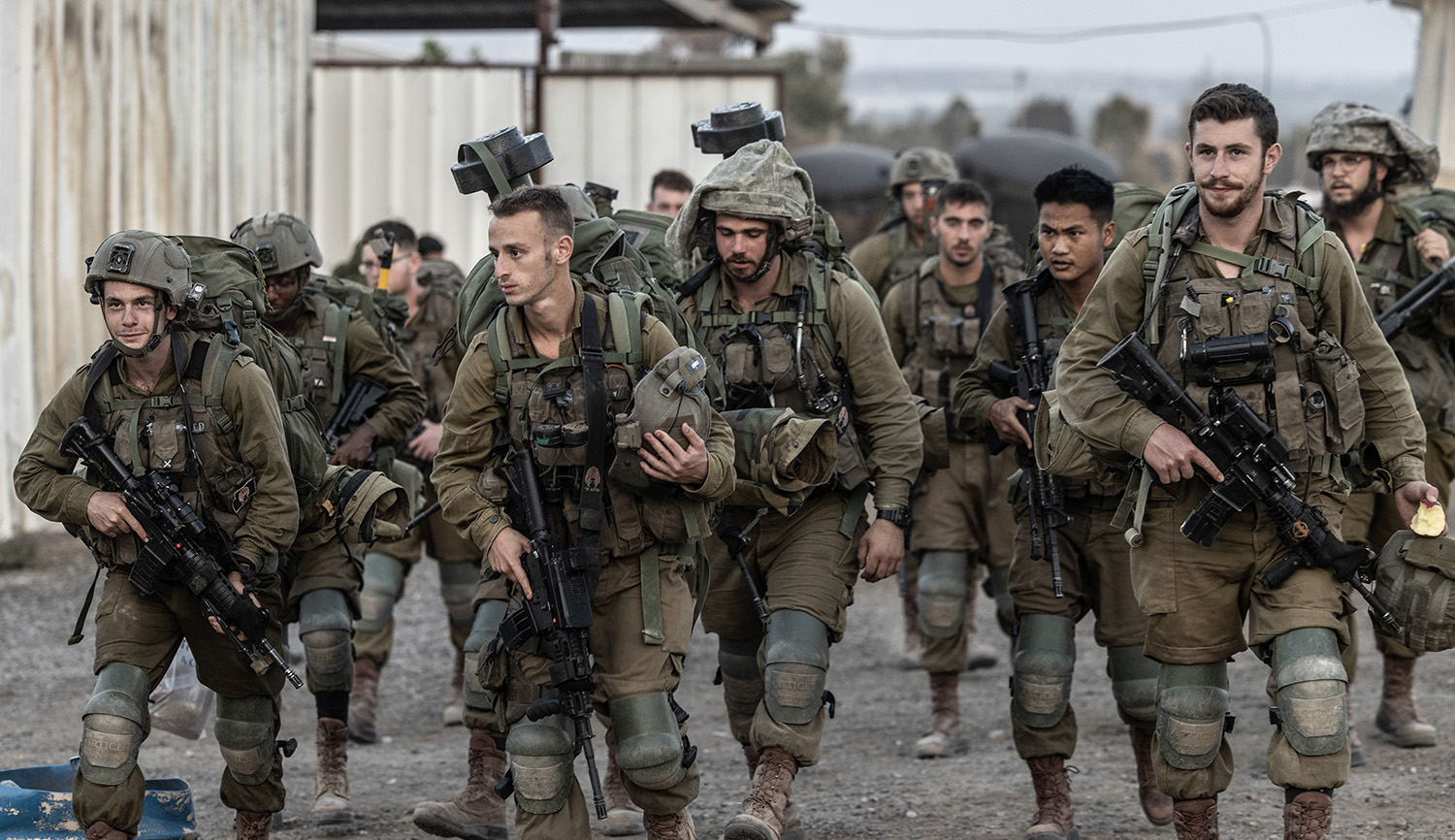Universities are not the only educational institutions where anti-Israel protesters have disrupted learning and harassed Jewish students. In Chicago last week, hundreds of public high-school students walked out of class to demonstrate, before marching to DePaul University and the University of Chicago to join the anti-Israel encampments there. Worse still, the organizers of the walkout were able to tell participants truthfully that they would not be punished or marked absent by their teachers.
Stanley Kurtz explains that such school policies flow from a “mandate to ‘promote student activism and advocacy,’” part of a new trend in education called “action civics.” Kurtz takes an in-depth look at action civics and anti-Israel protests in Chicago, New York City, and Edina, Minnesota:
New York City’s anti-Israel walkouts by students from over a hundred high schools took place early last November, about a month after October 7. These demonstrations stirred a hornet’s nest of parental complaints, both because a local Community Education Council (an official education advisory board) outright sponsored the walkout and because a mere month after October 7 students chanted slogans like “From the river to the sea, Palestine will be free,” “Resistance is justified when people are occupied,” and “Say it loud, say it clear, we don’t want Zionists here.” In video obtained by the New York Post, an occasional chant of “F*** the Jews” can be heard as well. Some Jewish students stayed home that day out of fear.
New York’s high-school walkouts were entirely consistent with the city’s action-civics curriculum, which praises events like the national walkouts for gun control in 2018. As in Chicago, . . . action civics seems to bring in its train selective political pressure, rage, and fear from students and parents with disapproved views, and the transformation of students into the political playthings of whichever adults happen to be in charge.
Kurtz concludes:
Student political walkouts as “civics” are a bad idea. Excusing students from school for the sake of protest forces schools to favor some political causes over others. Walkouts also subject a captive audience of minors to political pressures from teachers, peers, and outside groups. And mass walkouts leave students who hold back from popular causes feeling left out or attacked.
More about: Anti-Semitism, Anti-Zionism, Education, U.S. Politics


